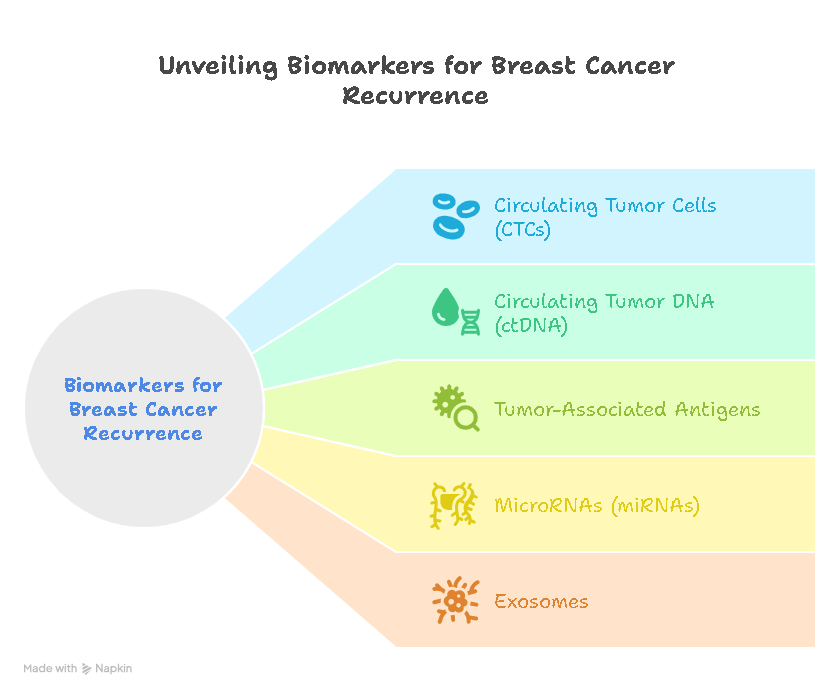In this comprehensive article, we delve into the intricate relationship between breast cancer and systemic metabolic effects. Gain insights into the connections, implications, and potential strategies for managing these effects. Learn more about breast cancer’s reach beyond the local tumor and its impact on the body’s metabolic processes ,metabolic effects of breast cancer.

Introduction: A Deeper Look into Systemic Metabolic Effects of Breast Cancer
Breast cancer is a complex disease that affects not only the breast tissue but also exerts a profound influence on various metabolic processes within the body. This article takes you on a journey through the interconnected world of breast cancer and its systemic metabolic effects, shedding light on how this disease can ripple through the body’s intricate biochemical pathways. Join us as we uncover the multifaceted connections between breast cancer and metabolism.
1. Breast Cancer and Metabolism: An Intriguing Connection
The Write 100 % Unique Article with TOC on”Systemic Metabolic Effects of Breast Cancer” begins by unraveling the fascinating links between breast cancer and metabolism. Emerging research has shown that breast cancer cells can interact with metabolic pathways, potentially altering energy production, nutrient utilization, and hormonal balance within the body. This connection opens doors to novel therapeutic approaches aimed at disrupting cancer’s metabolic hijacking.
2. Metabolic Reprogramming: How Breast Cancer Cells Adapt
Breast cancer cells are remarkably adept at reprogramming metabolic processes to sustain their growth and proliferation. They can shift their reliance on different energy sources, such as glucose and fatty acids, to ensure their survival. By understanding these adaptive strategies, researchers and clinicians can strategize ways to target cancer cell metabolism while sparing normal cells.
3. Hormonal Imbalance and Metabolic Disruptions
Hormones play a crucial role in both breast cancer development and metabolic regulation. Estrogen, for instance, can influence metabolism and impact body composition. This section explores the intricate interplay between hormonal imbalances caused by breast cancer and their potential systemic metabolic repercussions.
4. Impact on Nutrient Utilization: Balancing Act
Breast cancer can disrupt the delicate balance of nutrient utilization in the body. The altered metabolic landscape might lead to unintended weight loss, malnutrition, or altered immune responses. Delve into the mechanisms underlying these effects and learn about strategies to support the body’s nutritional needs during cancer treatment.
5. Systemic Inflammation and Metabolic Health
Chronic inflammation often accompanies cancer and can have far-reaching effects on metabolism. Metabolic Effects of Breast Cancer” uncovers the ways in which inflammation can influence metabolic pathways, potentially contributing to insulin resistance, muscle wasting, and other metabolic complications.
6. Treatment-Associated Metabolic Changes
Certain cancer treatments, such as chemotherapy and targeted therapies, can introduce metabolic changes in the body. These changes might impact energy levels, appetite, and overall well-being. Explore how understanding and managing these treatment-associated metabolic effects can improve patients’ quality of life during and after therapy.
7. The Gut Microbiota Connection
The gut microbiota, a diverse community of microorganisms residing in the digestive tract, has garnered significant attention for its role in overall health. Recent studies suggest that alterations in the gut microbiota composition could influence cancer progression and systemic metabolism. Learn how nurturing a healthy gut ecosystem might contribute to better outcomes for breast cancer patients.
8. Exercise, Lifestyle, and Metabolic Resilience
Physical activity and lifestyle choices can significantly impact metabolic health, even in the presence of breast cancer. Discover how regular exercise and positive lifestyle modifications can enhance metabolic resilience, potentially mitigating some of the systemic effects of breast cancer and its treatments.
9. Metabolic Imaging Techniques: A Window into the Body
Advancements in medical imaging have allowed researchers to visualize metabolic processes in living tissues. This section discusses cutting-edge metabolic imaging techniques that offer insights into the systemic effects of breast cancer, enabling clinicians to tailor treatment strategies for individual patients.
10. Personalized Medicine: Targeting Metabolic Vulnerabilities
Personalized medicine holds immense promise in the realm of cancer treatment. By identifying specific metabolic vulnerabilities within each patient’s cancer cells, clinicians can devise tailored interventions that disrupt cancer metabolism while minimizing collateral damage to healthy tissues.
FAQs
Can breast cancer affect metabolism throughout the body?
Yes, breast cancer can influence systemic metabolism by altering energy production, nutrient utilization, and hormonal balance.
How does hormonal therapy impact metabolic health?
Hormonal therapies used in breast cancer treatment can affect metabolic processes and body composition, potentially leading to weight changes and other metabolic shifts.
Can exercise help counteract the metabolic effects of breast cancer?
Regular exercise can improve metabolic resilience, enhance overall well-being, and potentially mitigate some of the systemic metabolic effects of breast cancer.
Are there specific dietary recommendations for managing metabolic effects during breast cancer treatment?
Consulting with a registered dietitian can help design a personalized nutrition plan to support metabolic health and address potential nutritional challenges during treatment.
What role does inflammation play in breast cancer-associated metabolic disruptions?
Chronic inflammation associated with breast cancer can contribute to metabolic complications, including insulin resistance and muscle wasting.
How can understanding breast cancer’s systemic metabolic effects guide treatment strategies?
By comprehending the intricate connections between breast cancer and metabolism, clinicians can develop targeted therapies to disrupt cancer cell metabolism while sparing normal cells.












Leave a Reply